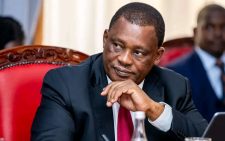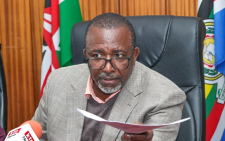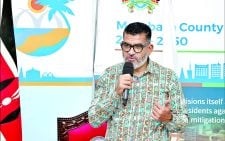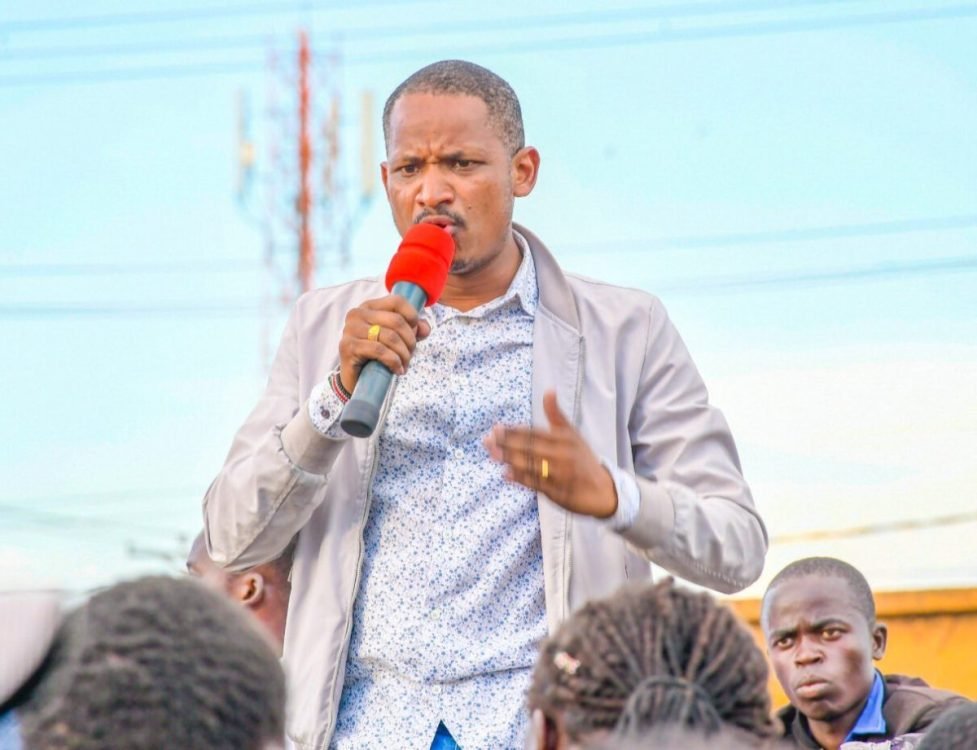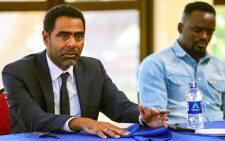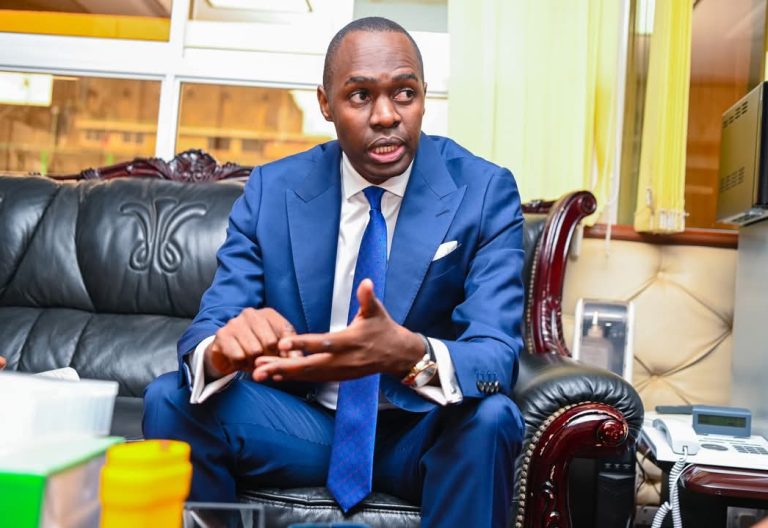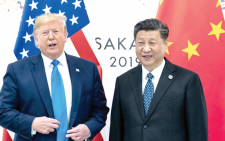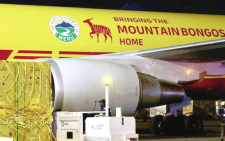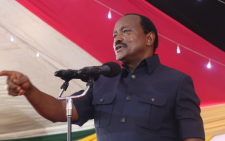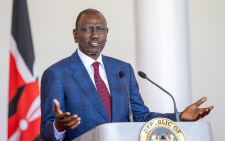Ruto tours are early campaigns, not about projects
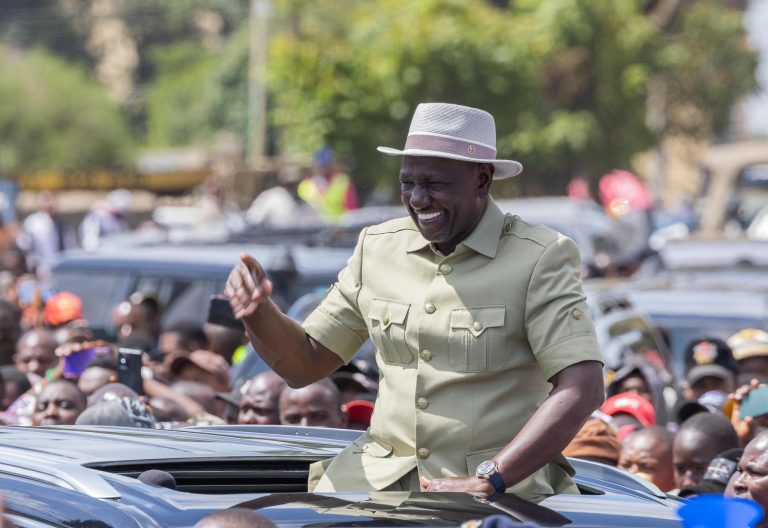
President William Ruto has been busy this week earning raucous welcomes in the restive Mt Kenya region, where he has been launching projects ranging from Kenya Power lines and bulk water projects to sewer lines.
He has also been to the Coast, Western and his nemesis turned friend Raila Odinga’s Nyanza backyard. He returned to Mt Kenya, which voted for him almost to a man in the August 2022 polls. However, since he severed links with his former deputy Rigathi Gachagua, his popularity has been on the decline in Mt Kenya.
President Ruto seems to prefer spending most of his time on the rooftop of his fuel guzzlers than at the State House. He undoubtedly enjoys the outdoors more, making promises and more promises, hence the infamous ‘tanga tanga’ tag from his predecessor President Uhuru Kenyatta.
Immediately after his newfound ally Raila penned an agreement that he would support him, Ruto was back on his ‘development tours’ or ‘working hours’, as branded by his lieutenants.
He has used the tours to launch projects and issue fresh pledges on the back of unfulfilled ones. Interestingly, the tours have had a political goal – showing off his latest chess moves in firing and hiring almost from the same constituency or county as a way of pacifying a growing rebellion and testing the popularity of the new ‘broad-based’ government.
In a country where citizens still die of malaria, typhoid, cholera and other preventable diseases, the President tours are too costly and unsustainable. The President spends millions of shillings to launch or unveil projects that cost significantly less or never take off.
The President has been flying choppers to unveil water taps and plant trees amid assurances about alleged austerity measures. Besides, each financial year, the budget for the Office of the President has been increasing and in some cases, supplementary budgets have been revised to accommodate the largesse of the State House.
According to the Controller of Budget’s National Government Budget Implementation Review Report for the first six months of the 2024-25 financial year, the original allocation to the Executive was Sh5.43 billion, which was revised to Sh3.58 billion in Supplementary Estimates I, higher than the Sh5.21 billion allocated in FY2023/24.
The allocation was to fund four programmes: government printing services, general administration, planning and support services, government advisory services, and leadership and coordination services, a total Sh3.5 billion.
In the first nine months of the last financial year, State House spent a whopping Sh750 million on domestic travel alone, with the Executive Office of the President gobbling up Sh34 million. This money could fund essential programmes like improving infrastructure in public schools and providing healthcare commodities in hospitals.
President Ruto seems under pressure to have goodies ready for whatever area he visits, setting himself up for heightened scrutiny. While meeting the people and inspecting projects is vital for his job as chief executive of the country, the cost implications of such political campaigns disguised as ‘development tours’ is unsustainable for a growing economy like Kenya’s.
Besides pricey travel, the President’s engagements attract mobilisation costs, logistics, and security details for Cabinet secretaries, principal secretaries, and MPs. All this money must come from the taxpayer.
His expensive habits also include hefty church contributions, a strategy he employed to win the hearts of religious leaders during his presidential campaigns. In the thick of the Gen -led protests last year, Ruto banned government officers from participating in harambees. It did not take long for him to go back on his words, saying he would help build churches. He recently donated Sh20 million to Jesus Winners Church in Roysambu led by Bishop Edward Mwai.
President Ruto has been in the spotlight for wanton extravagance in his administration, breaking the promise to implement strict austerity measures. According to the Controller of Budget, State officials gobbled up Sh27.3 billion on travel in the 2023-2024 financial year, raising questions about the high spending on non-critical travel as Kenya faces economic challenges. Kenya’s politics is too expensive for the tax-payers to bear.
The writer is the Chairman of the Political Journalists Association of Kenya (PJAK)
